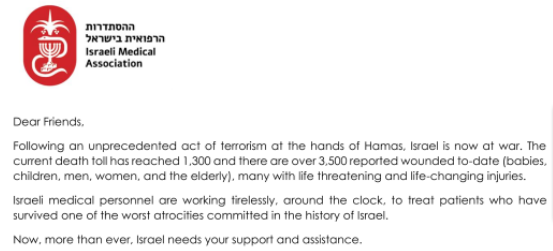Israeli scientists have developed an integrated system of wearable monitors that passively detect and transmit vital signs as early markers for disease. Such wearables aren’t unique, but this system is unprecedented because it’s powered by energy from the wearer’s movements and body heat, and can fix its own tears or scratches.
The wearable system could spare patients pain, greatly reduce medical expenses, and provide extensive and detailed information for epidemiological studies, say Prof. Hossam Haick and postdoctoral researcher Weiwei Wu, who invented the system at the Wolfson Faculty of Chemical Engineering of the Technion-Israel Institute of Technology in Haifa.
“Normal health is characterized by known markers such as 60 to 100 heartbeats per minute and seven to eight breaths per minute. If we detect dramatic changes in the various markers in real time, we can refer the patient to a more comprehensive diagnosis and prevent disease from developing or worsening,” said Haick.
Made of advanced self-healing materials, the Technion wearable monitoring system would never need to be turned off for repair or charging.
Although the system’s components already exist, a platform that integrates them all has not yet been developed. It requires a complex array of sensors, a tiny and flexible circuit board for measuring the markers, and components that process the information and transfer it to the cloud. All of these are being implemented in the new system being developed by Haick’s research group.
Haick and Wu presented their results in the journal Advanced Materials.
Haick has invented nanotech medical diagnostic systems including the NaNose for detecting cancer and other diseases from breath samples with 86% accuracy on average. He heads the SNIFFPHONE consortium, which integrates this system into a cellphone to enable uploading the data to the cloud for medical analysis.
Wu, now a professor in the School of Advanced Materials and Nanotechnology at Xidian University in China, was a post-doctoral researcher in Haick’s lab.


